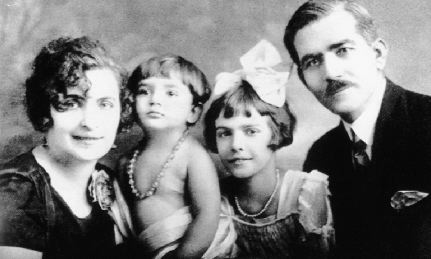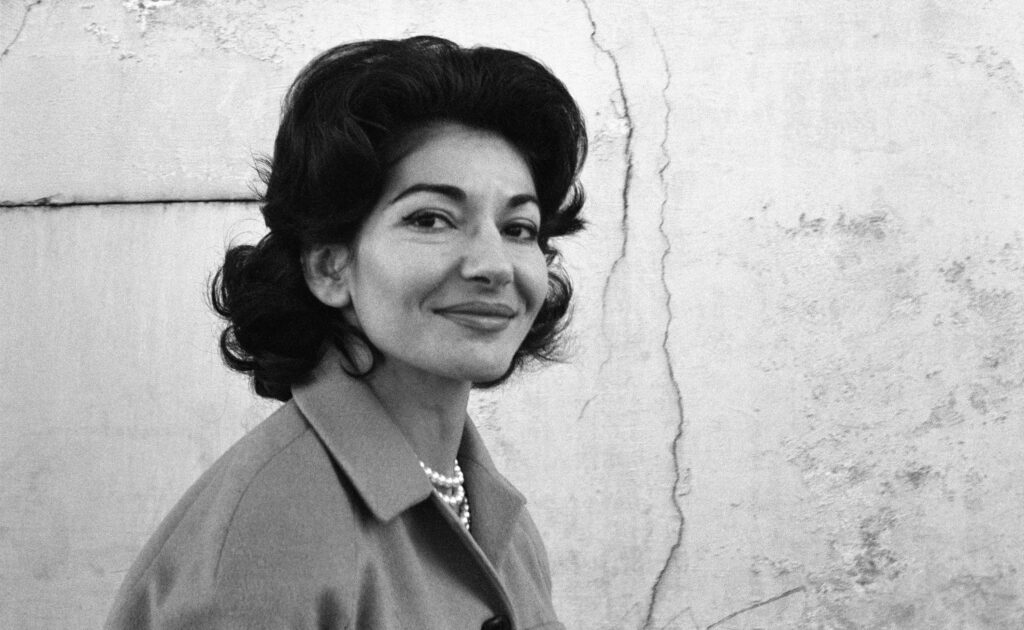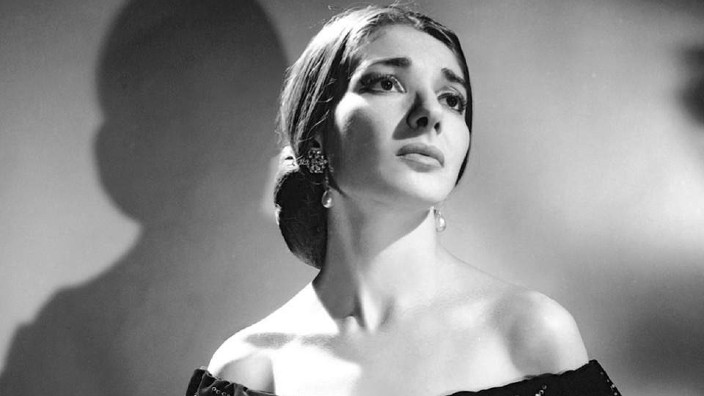According to new biography by Lyndsy Spence, which features never-before-seen letters by Maria Callas, the famous Greek soprano never knew real love offstage.
Her mother blackmailed her, her husband, Giovanni Battista Meneghini, stole from her, and shipping magnate, Aristotle Onassis, was violent and abandoned her for Jackie Kennedy, the new research reveals.
Biographer, Ms Spence, told The Guardian that the letters relating to Onassis reveal the terrifying ordeal Callas suffered, especially when, in 1966, his physical violence threatened her life.
“I was given access to three enormous collections which were bequeathed to various archives in 2019 and, until now, have never been published. Among the papers were Callas’ letters revealing her innermost thoughts,” Ms Spence says to the media outlet.

“There is also disturbing information from the diary of one of her close friends detailing how Onassis drugged her, mostly for sexual reasons – today we would class that as date rape.”
Writing to her secretary, Callas confided: “I wouldn’t want him [Onassis] to phone me and start again torturing me.”
On the pain of her marriage to Meneghini, Callas despaired: “My husband is still pestering me after having robbed me of more than half my money by putting everything in his name since we were married… I was a fool… to trust him.” She described him as “a louse”, lamenting that he “passes for a millionaire when he hasn’t got a dime.”
The opera singer’s childhood:
Callas, who was born in New York to impoverished Greek immigrants in 1923, was one of opera’s most revered singers. Her performances of Tosca at Covent Garden have been described as among the greatest opera experiences of all time.

But the new revelations include the truth about Callas’ harrowing childhood in Europe.
“Callas resented her mother, who worked as a prostitute during the war, for trying to pimp her out to Nazi soldiers,” Ms Spence says.
Later, Callas’ mother sold stories to the press and blackmailed her to keep her mouth shut, writing to her daughter: “You know what cinema artists of humble origins do as soon as they become rich? In the first month they spend their first money to make a home for their parents and spoil them with luxuries… What have you got to say, Maria?”
Callas confided: “If she was a real mother to me a long while ago, I would [have] cherished her.”
Nor was her father better, with Ms Spence explaining to The Guardian: “He wrote her a letter, pretending he was dying in a pauper’s hospital in an attempt to get money from her. In fact, he had a minor ailment.”

Callas wrote: “I am fed up with my parents’ egoism and indifference toward me… I want no more relationship. I hope the newspapers don’t catch on. Then I’ll really curse the moment I had any parents at all.”
Callas’ death:
Callas died in 1977 aged 53. The unpublished material also gives new insights into her health problems, which affected her performances in the 1960s, and her dependence on drugs. She lost her voice several times.
“I tracked down the neurologist who treated her before her death. Callas suffered from a neuromuscular disorder whose symptoms began in the 1950s, but she was dismissed by doctors as ‘crazy.’ It also explains the loss of her singing voice, which cut her career short,” Ms Spence says.
“The death of Callas is a harrowing tale. Alone in her Parisian apartment, she relied on her estranged sister, Jackie, and companion, Vasso Devetzi, to supply her with [a sedative]. Her life was full of tragedy, but I wanted to give her her voice.”
Source: The Guardian.

